Random Free Articles
- Control Mind and Emotions in Martial Arts
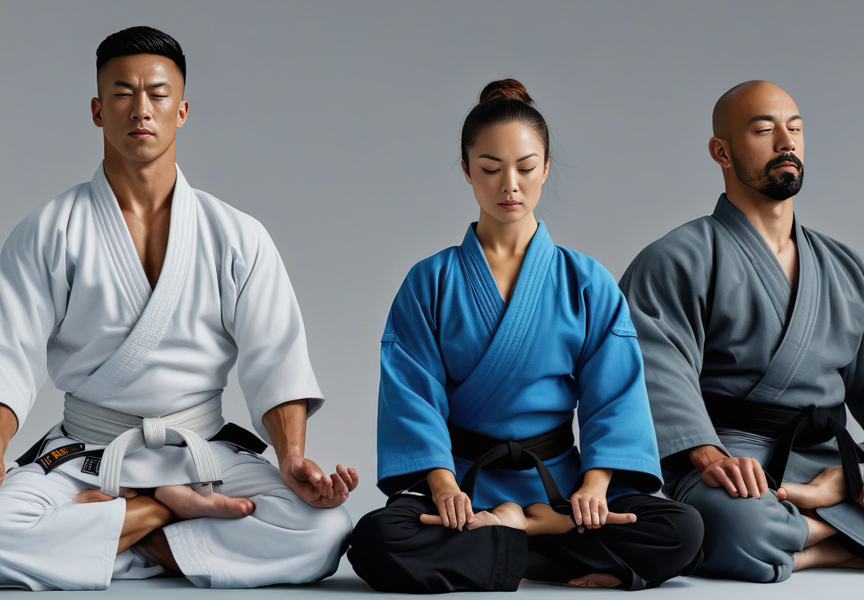
Martial arts, a practice deeply rooted in physical prowess, discipline, and mental fortitude, offers a profound journey into self-mastery. Beyond the techniques and physical conditioning lies an essential aspect often overlooked by novices and even experienced practitioners: the control of the mind and emotions. Mastery in martial arts extends beyond the dojo; it is the equilibrium of body and mind, the harmonious synchronization of physical…
- Τhe Εssence of Τayao
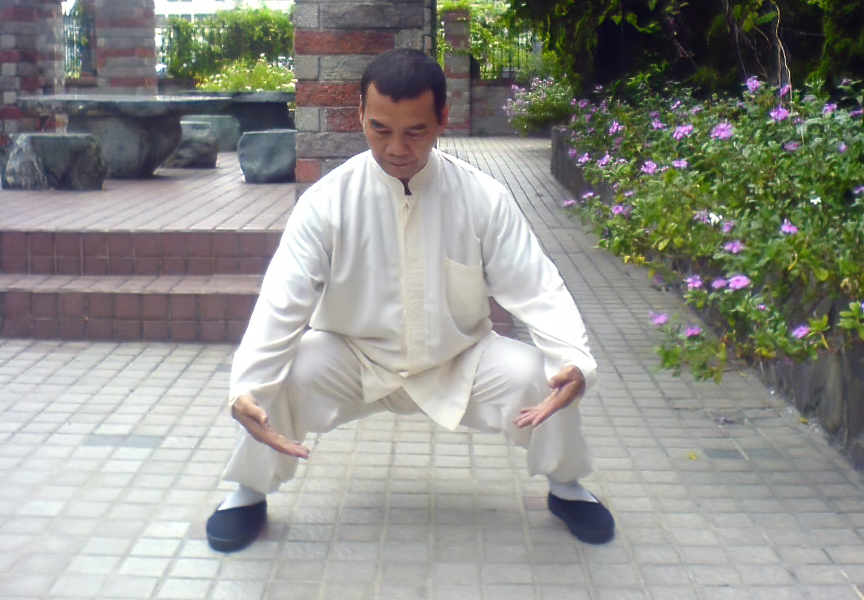
Ta Yao [Chin.: Tā yāo 塌腰], or sinking the waist, is a fundamental principle in Shaolin Rou Quan, which involves lowering the center of gravity and maintaining a flexible and rooted posture. This concept is not unique to Shaolin Rou Quan but is also essential in many other martial arts and sports. It involves dropping the waist and engaging the core muscles, creating a stable base for movement. It is this stability that provides Shaolin…
- Mystical Meridian of the Triple Heater
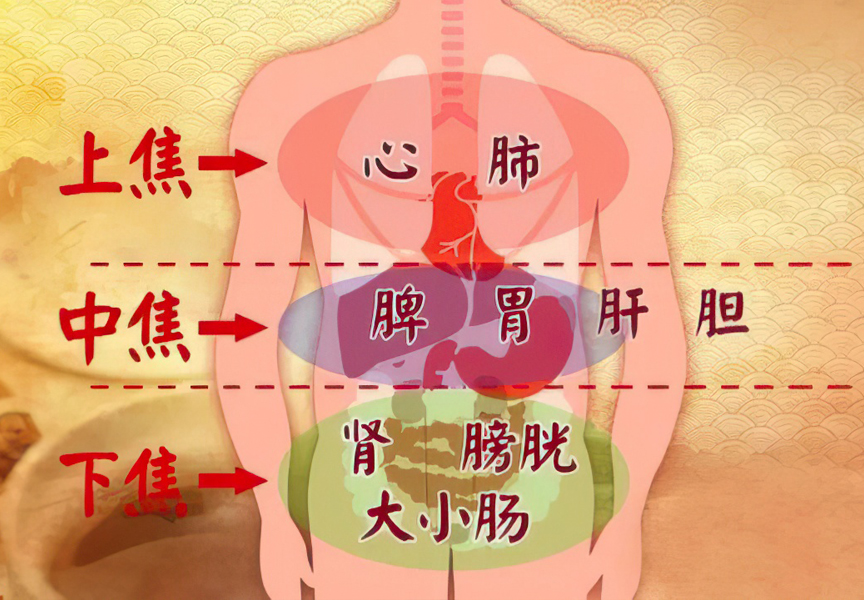
In traditional Chinese medicine (TCM), the human body is believed to be a complex network of energy channels or meridians through which vital life force, or Qi, flows. These meridians play a crucial role in maintaining the balance of health and well-being. One lesser-known yet intriguing meridian is the Triple Heater or Triple Burner meridian, known in Chinese as the San Jiao meridian [Chin.: sānjiāo 三焦]. This meridian has mystified and…
- Shaolin Kung Fu: A World Heritage Tradition
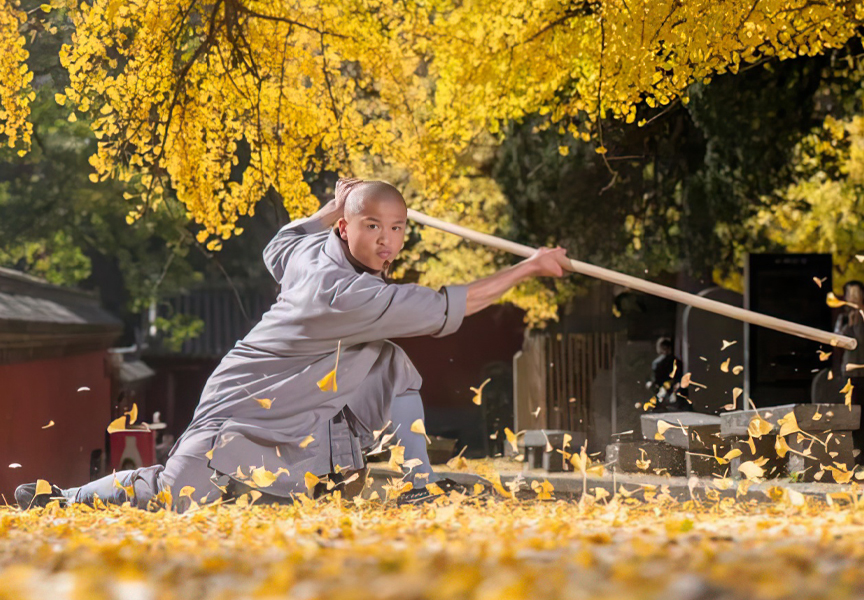
Nestled within the dense forests of the Song Mountain in Henan Province, China, lies a sanctuary of ancient martial arts wisdom - the Shaolin Temple. For over 1,500 years, Shaolin Kung Fu has been revered as one of the most iconic and influential martial arts disciplines in the world. Its legacy transcends physical combat, embodying a profound philosophy that intertwines mind, body, and spirit. Recognized as a UNESCO World Heritage Site in…
- Qi Gong. The Vital Energy
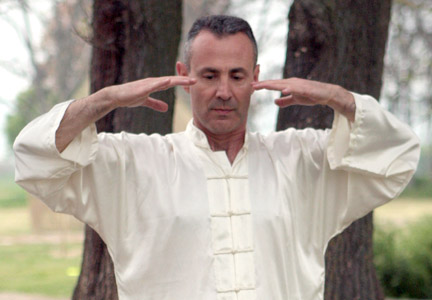
Vital internal energy is a Chinese cultivation practice which, according to specific written documents, goes back at least 3000 years ago. During the legendary Chinese ruler's Tang Yao monarchy; qigong art used as a form of dancing. The actual origins of Qi Gong, however, are lost in Chinese prehistory. Qi Gong was practiced during the earliest period in order to maintain good health. In Master Lu's Spring and Autumn records which…

